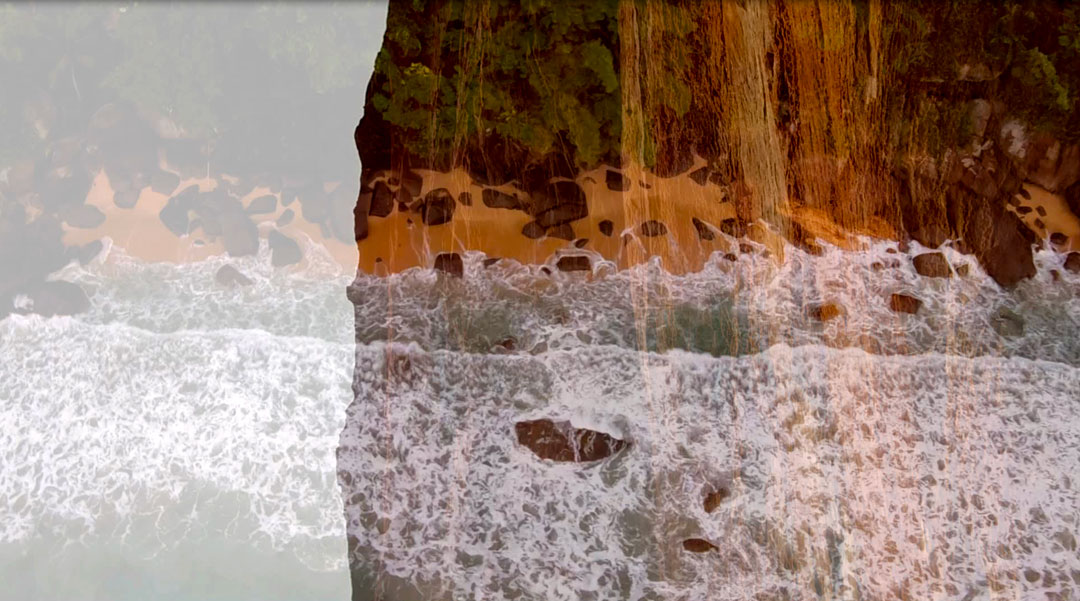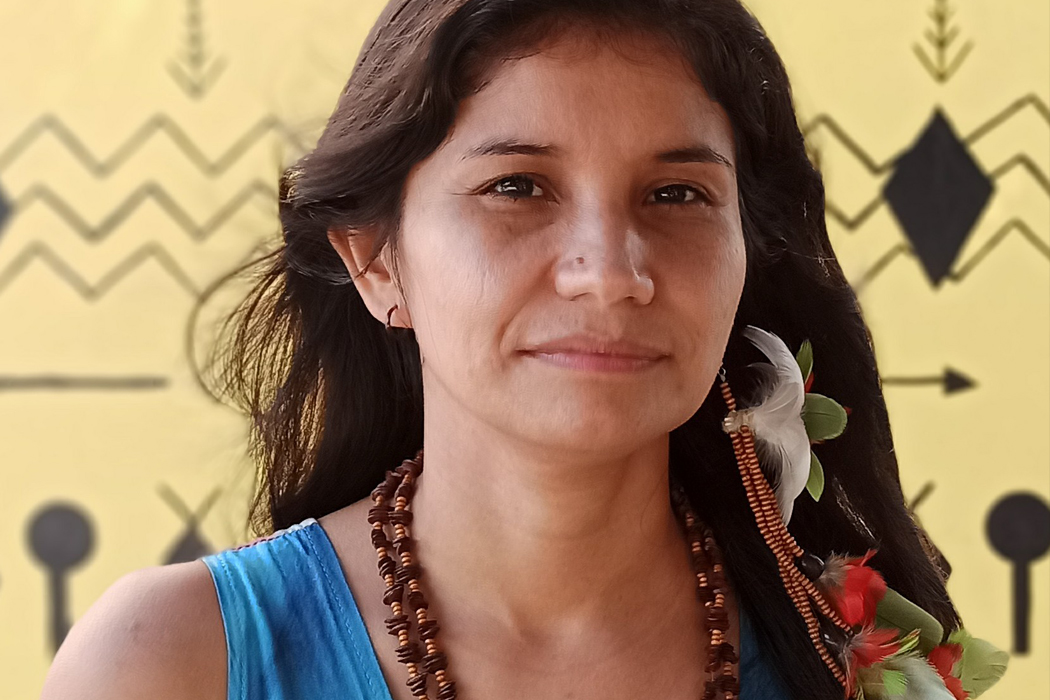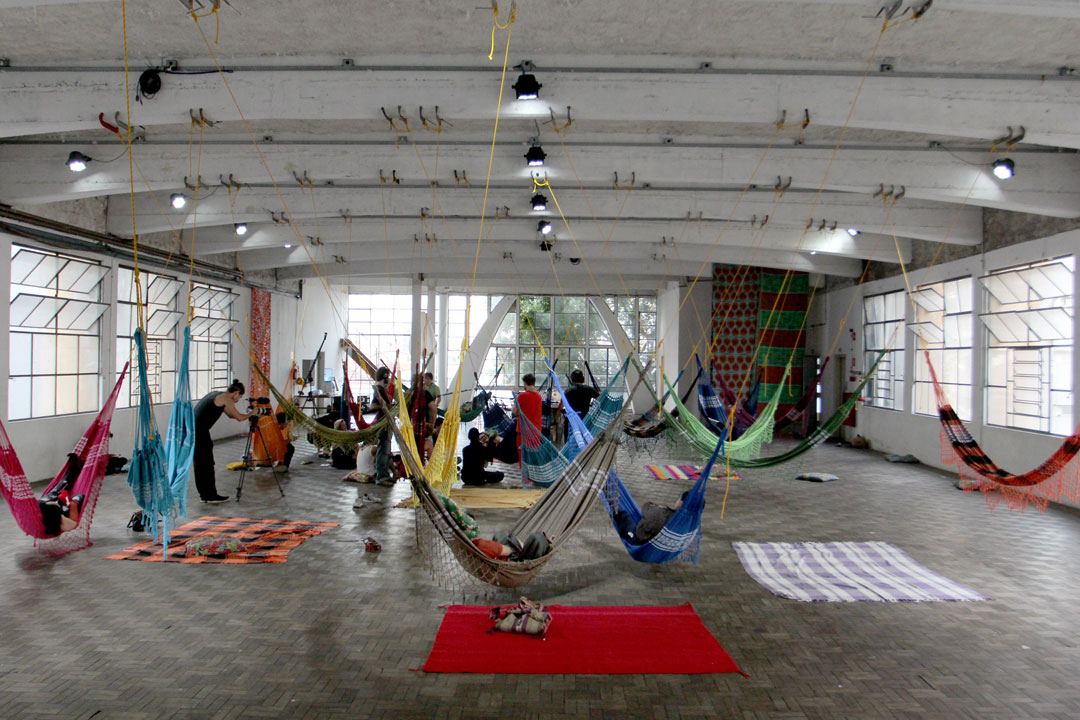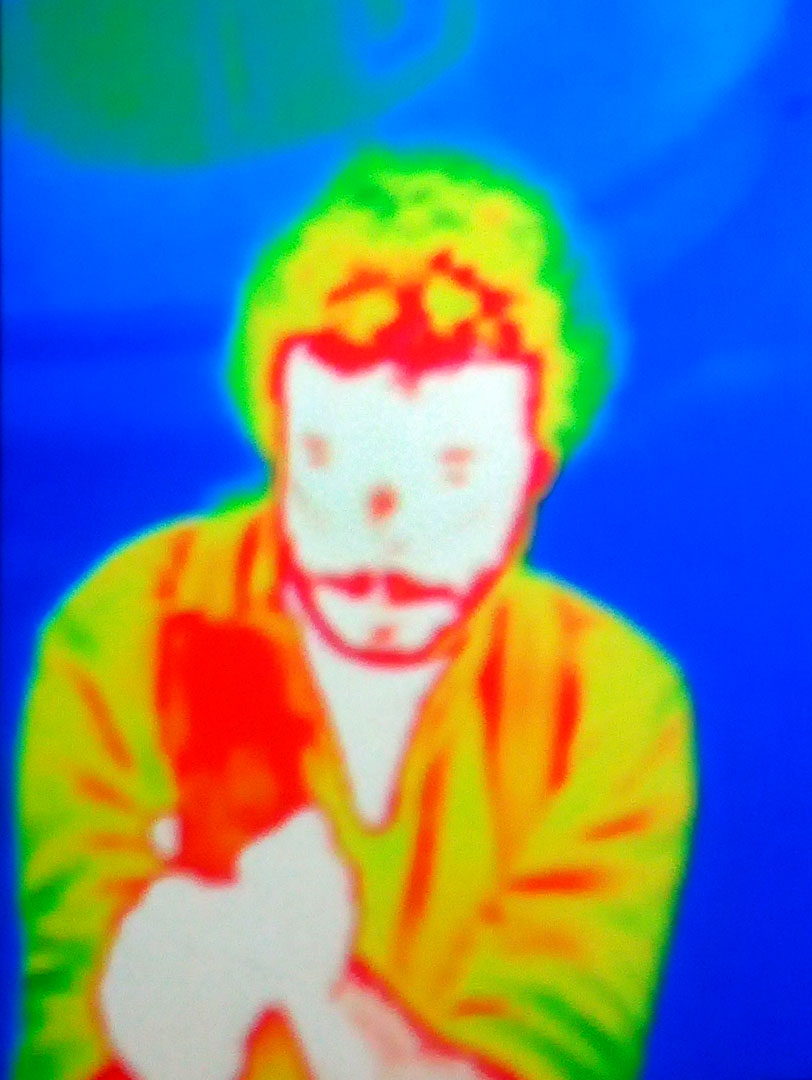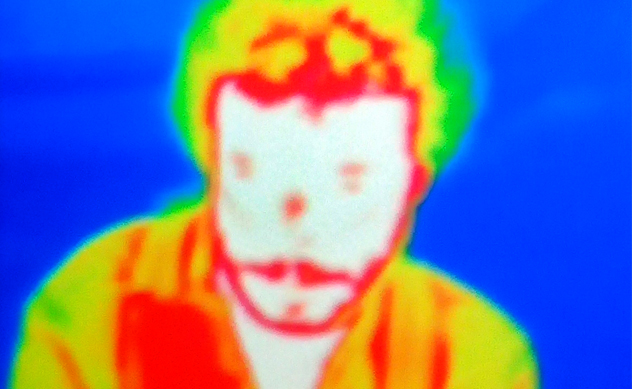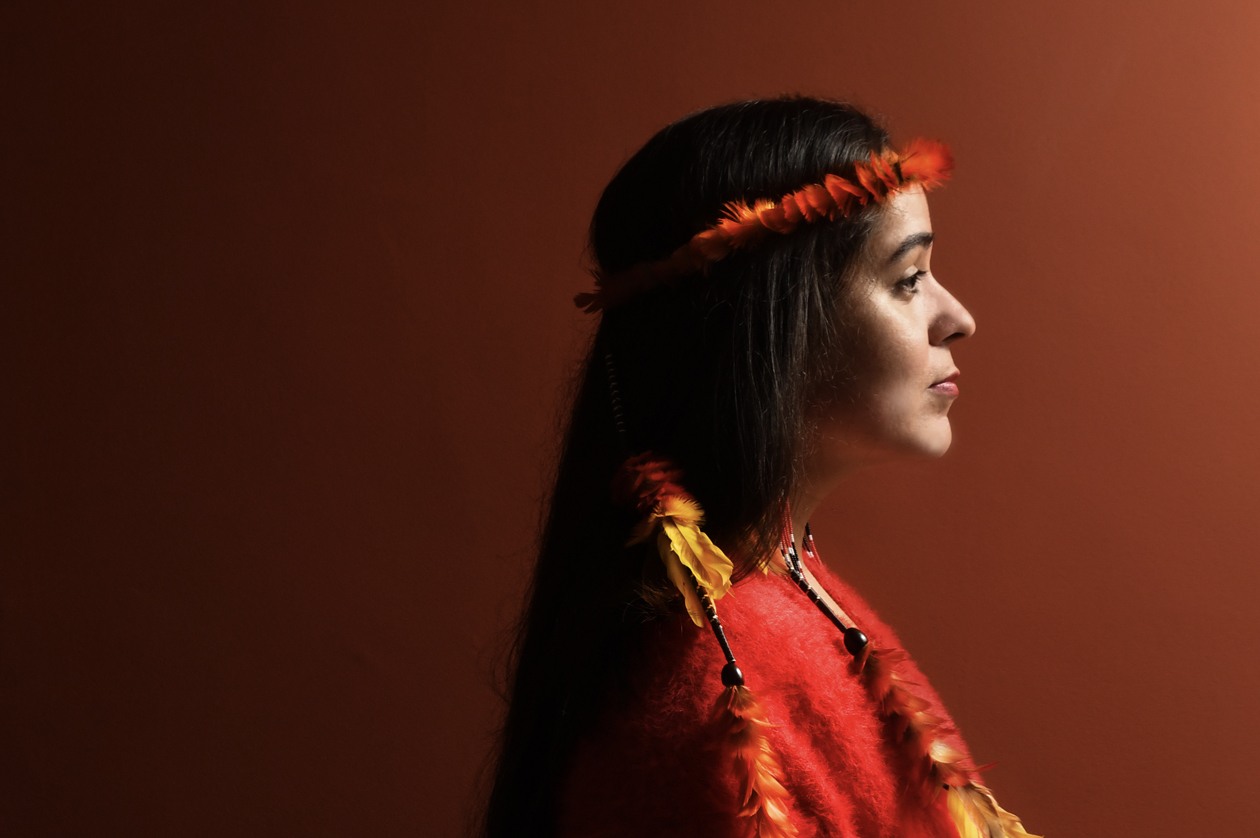If there is a future to imagine, it is ancestral
If there is a future to imagine, it is ancestral
…when we say “world,” we usually think of this one, a “world” in constant dispute triggered by a management that has metastasized: capitalism… The challenge I propose is to imagine cartographies, layers of worlds, in which the narratives are so diverse that we don’t have to come to blows when evoking different creation stories.
Ailton Krenak
Ailton was originally planning to attend the Episode, and take part in this Study Session. Unfortunately, he is no longer able to come to Glasgow. We have recorded an interview with him. We’ll use excerpts from this in the event and share the whole video on our website.
Join us for a study session focused on Ailton’s thinking, led by artists and curators Amilcar Packer, Arissana Pataxó and Geni Núñez . This revised version of IF THERE IS A FUTURE TO IMAGINE, IT IS ANCESTRAL brings together influential Brazilian indigenous artists, organisers and curators, some of whom work closely with Ailton, to reflect on the tools and gestures he shares, and how they have influenced their own practices: in art, education, community organising, land and anti-capitalist struggles and the understanding of plural indigenous cosmovisions.
This might include thinking through some of his key ideas:
Ailton’s writing brings together a constellation of Indigenous voices (Krenak, Yanomami, Guarani…) which document the mnemonic traditions at the heart of Indigenous life–Indigenous practices of worlding–based in abundance, celebration, the commons, and maintaining balance between spiritual and material life.
This relational being stands apart from what he diagnoses as an imposed ‘civilizational’ knot; a metastasized capitalism, occupying the entire planet and infiltrating life in an uncontrollable way. He pulls apart the false universalism of the European, capitalist ideology of Man, ‘this sanitary and hygienic human figure, this configuration of the body that is merely a poor institution manufactured by a civilization without imagination.’
The potência of the collective subject: something that is always in flux and in the making, and practicing a mode of being involved in the life of other beings: mountains, rivers, birds, a fish…
How living through confluences opens up possibilities for other worlds. Or how moving through affective alliances, “which involves me and a constellation of people and beings through which I disappear…creates an affective bond between worlds that are not equal, but instead introduces a kind of radical inequality that forces us to pause”; continually making affective bonds, alliances and meanings as a form of worlding, an opening to experiencing other worlds, cosmovisions and pluriverses.
ReadBio
Arissana Pataxó is a visual artist, teacher and researcher. She is an indigenous woman from Porto Seguro – Bahia (BRAZIL) and belongs to the Pataxó people. In 2024, she was part of the curatorship of the Hãhãwpuá Pavilion at the Venice Biennale together with Denilson Baniwa and Gustavo Caboco. In the same year, she stood out for her work together with Sandra Benites and Francineia Baniwa as a holder of the Olavo Setúbal Chair of Art at USP. To create her works, she uses various techniques and media, bringing discussions that permeate experiences with her family and her people, with themes that discuss struggle, territory, memory, etc. Since 2005, she has held several solo and group exhibitions in Brazil, and has also participated in group exhibitions in Portugal, Norway, England, and the United States. She has been working in indigenous school education since 2002, also developing activities with teacher training and production of teaching materials. She has a degree in Fine Arts, a master’s degree in Ethnic and African Studies from the Federal University of Bahia, and is currently a doctoral student in Visual Arts at the same university.
Amilcar Packer was born in Santiago de Chile, 1974, and lives and works in São Paulo, Brazil, since 1982. Packer unfolds an experimental and non-disciplinary art and collaborative research-based practice, informed by curatorial and editorial operations, in view of transformative social justice. His work seeks to intervene in artistic, political and social imaginaries by the means of mid and long-term public programs, presentations and debates, workshops, study groups, online platforms and archives, research trips, and editing, translation and free distribution of texts and publications (printed and online). He graduated in Philosophy at USP (1999), has a MA in Clinical Psychology at PUC-SP (2015), and is currently enrolled in a PhD at the Gender, Race, Sexuality and Social Justice, at the University of British Columbia.
As a curator, he organized exhibitions in institutions such as the Centre Rhénan d’Art Contemporain (Altkirch, France, 2022/2023), Museu de Arte Moderna da Bahia (Salvador 2018), Centro de Arte Hélio Oiticica (Rio de Janeiro, Brazil, 2017/ 18), Ludlow 38, New York, USA; He co-organized artistic-curatorial initiatives and platforms such as Ventres da Mata Atlántica (2018) and EhChO (2020/2022), and was co-director of the artistic residency program CAPACETE, Rio de Janeiro, Brazil between 2012/2013.
As an artist, he has participated in group shosw such as: “Abduction” (Oslo, Norway, 2020), “Incerteza Viva – 32nd São Paulo Biennial (2016); “Modifiy as Needed”, MOCA, Miami, USA. (2011); “Práxis: Art in Times of Uncertainty – 2nd Thessaloniki Biennale of Art” (Thessaloniki, Grécia, 2009); “Farewell Postcolonialism – 3rdGuangzhou Triennial, China (2008); “On Reason and Emotion”, 14th Sydney Biennale, Australia (2004).
Part of his practice takes place in educational and art mediation programs at institutions such as The Royal Danish Academy of Fine Arts, Copenhagen, Denmark (2024; 2023; 2022; 20217); ENSBA, Paris, France (2013); “History Matter” (2012), CCA-Lagos, Nigeria; Hobart and Launceston Schools of Arts, Tasmania, Australia; “1st Pernambucan Week of the Arts” (2001), Recife, Brazil.
Geni Núñez is an indigenous Guarani and queer activist, psychologist and writer. She is currently a Postdoctoral researcher at the Institute of Advanced Studies at the University of São Paulo (USP). They have a doctorate in the Interdisciplinary Postgraduate Program in Human Sciences from the Federal University of Santa Catarina (UFSC), where they also completed a master’s degree in Social Psychology and a degree in Psychology. They are a member of the Human Rights Commission (CDH) of the Brazilian Federal Psychology Council (CFP) and the Guarani Yvyrupa Commission (CGY).
Documentation
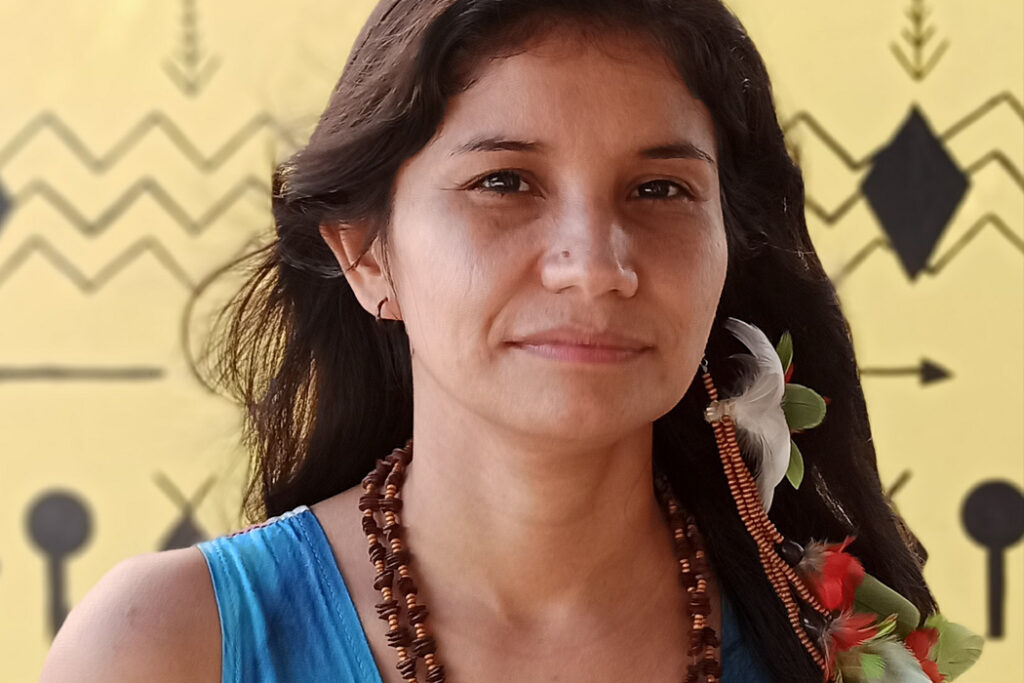
▴ Credit: Jussimar Guedes

▴ Wombs of the Atlantic Rainforest, a proposal by Anita Ekman and Amilcar Packer, 2018/2022, Credit: Amilcar Packer
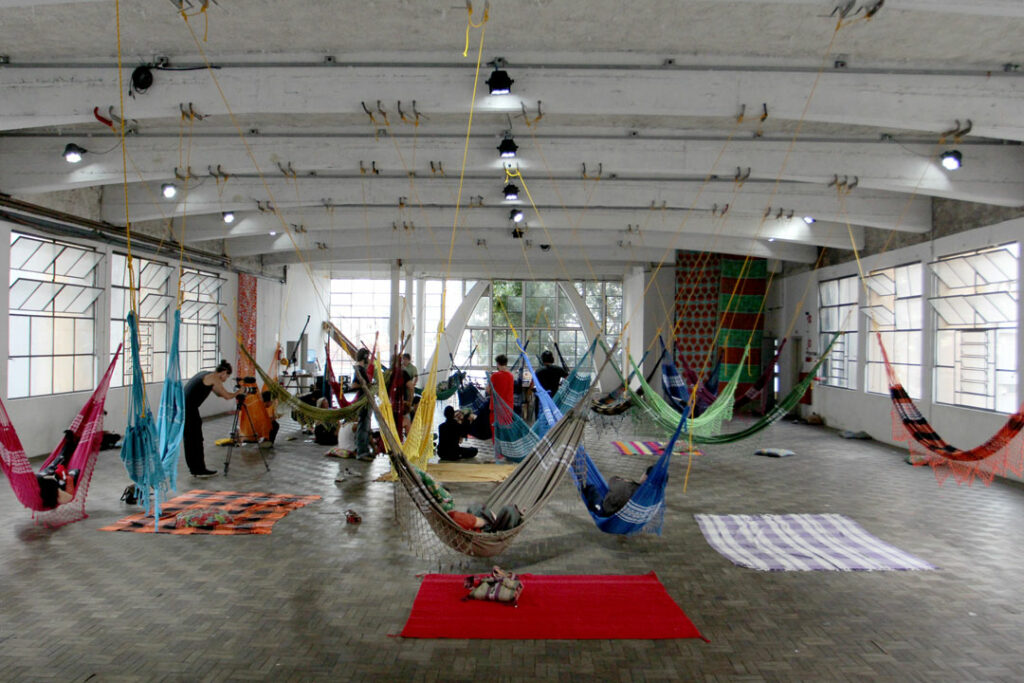
▴ El bien vivir, Casa do Povo, with Goethe Institute São Paulo, 2016. , Credit: Amilcar Packer
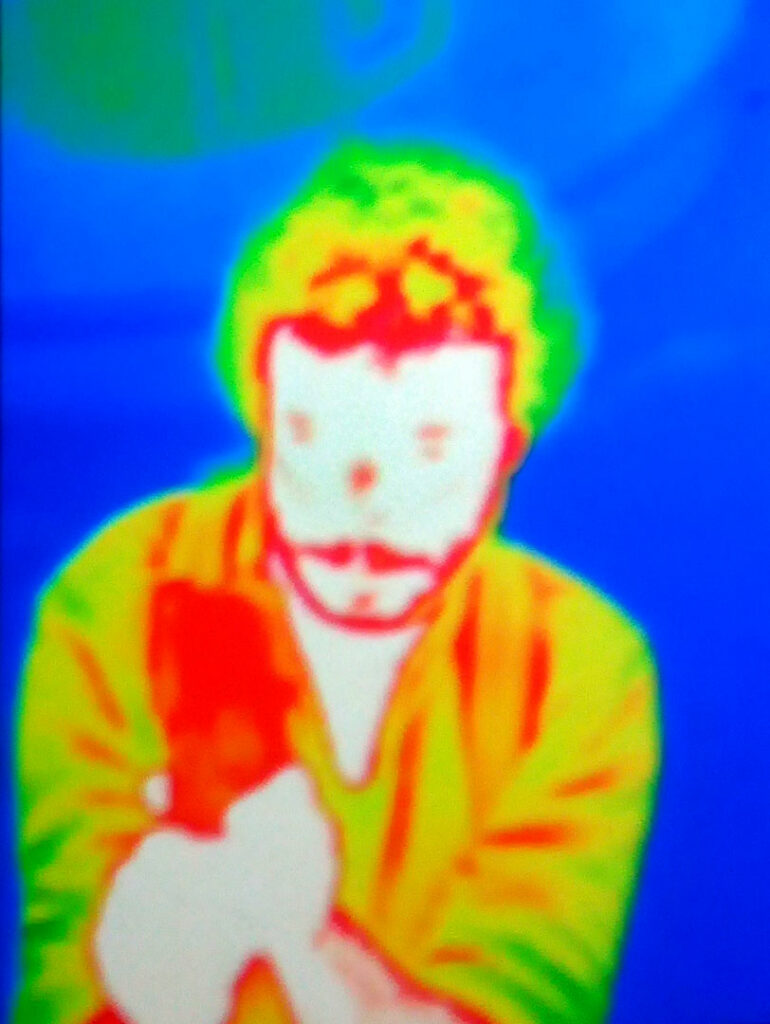
▴ Amilcar Packer, Credit: Amilcar Packer
Access
Live Captions
Live Stream
Translation
See general Access information for Episode 11: To End the World As We Know It event
